(ECNS) -- Yanqing District, one of the three competition zones of the Beijing 2022 Winter Olympic Games, has made all-out efforts to provide timely and efficient medical services to all the participants, a local official said at a press conference on Thursday.
Beijing Municipal Health Commission, in coordination with the Beijing Organizing Committee the 2022 Olympic and Paralympic Winter Games (BOCOG), will categorize the injured and sick into five groups, said Huang Keying, deputy secretary of Yanqing District Party Committee, at the press meeting.
The five groups are confirmed and suspected COVID-19 patients, patients with fever symptoms in the closed-loop, injured patients in the closed-loop, patients with fever symptoms outside the closed-loop, and injured and sick patients outside the closed-loop.
At the Beijing and Yanqing competition venues, 88 medical stations equipped with 1,300 medical personnel and 74 ambulances have been set up to provide on-site treatment and services.
More than 2,100 medical workers in designated hospitals will provide medical support, while 60 municipal experts and 10 academicians offer high-level technical support during the Games, said Huang.
Yanqing, the venue for alpine skiing events, has set up 4 medical stations for athletes, 2 for spectators, and 20 FOP medical stations in its Alpine Skiing Center.
It has also optimized the admission and treatment of designated hospitals and designated 18 facilities to implement precise services for the participants to avoid cross infection.
Yanqing will manage the health and safety of all athletes and staff as a top priority in preparation for and during the competition, said Huang.
Yanqing District Hospital has built the Winter Olympic Games Medical Security Center with a team of 108 personnel, including 41 experts from Peking University Third Hospital and seven from Beijing’s tertiary specialized hospitals.
Inside the Yanqing competition zone, there is a 180-member medical team, including foreign and domestic experts in the ski section. In addition, eight ambulance teams and two helicopters are on standby at any time.
If an athlete is injured, he or she will be provided on-site treatment first and then transferred to one of the designated hospitals for further help by ambulance or helicopter. It takes about 30 minutes for an ambulance or 15 minutes for a helicopter to reach its destination.
So far, the Winter Olympic Games Medical Security Center has served 121 Olympic-related patients, including seven athletes.











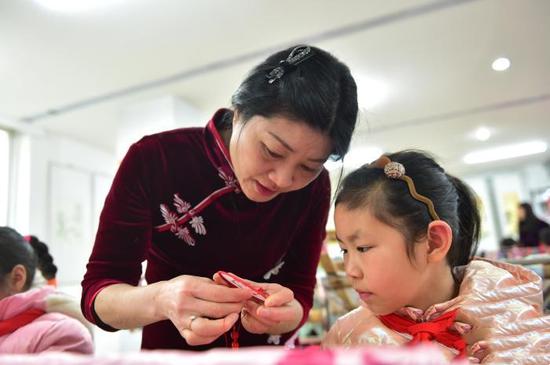


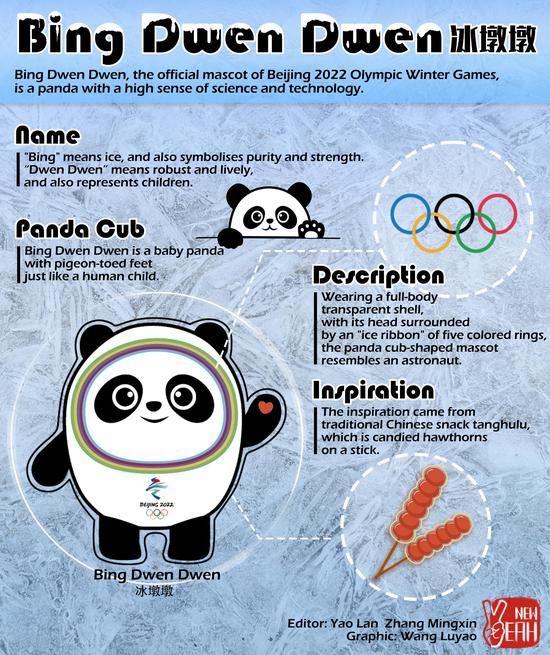



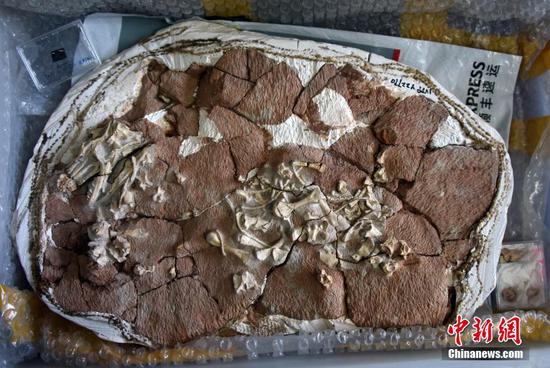
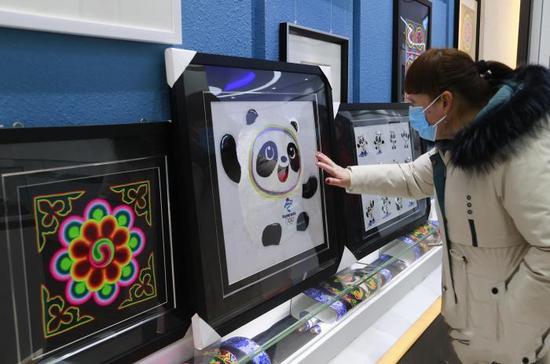




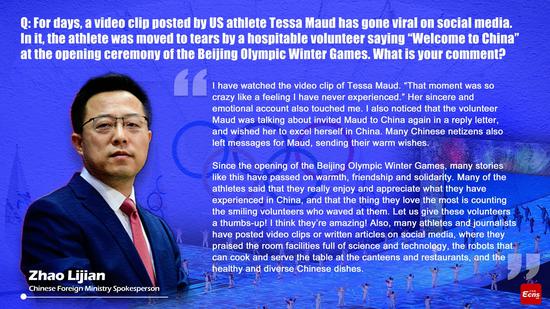
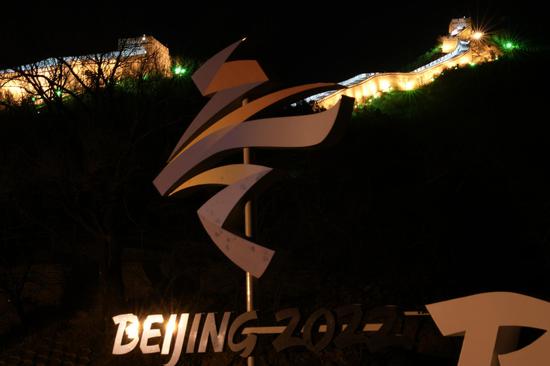

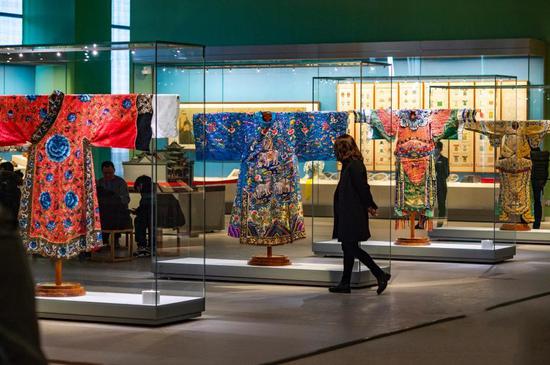

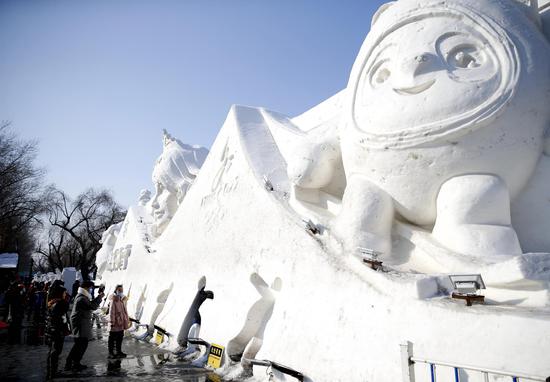



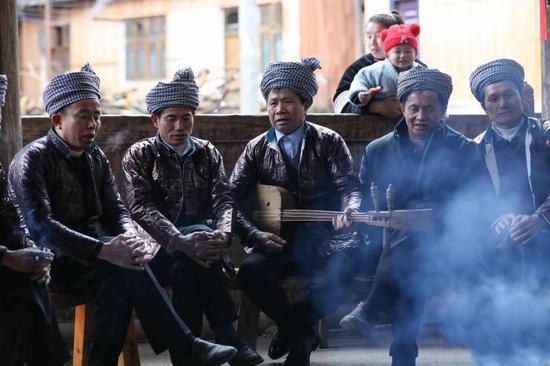

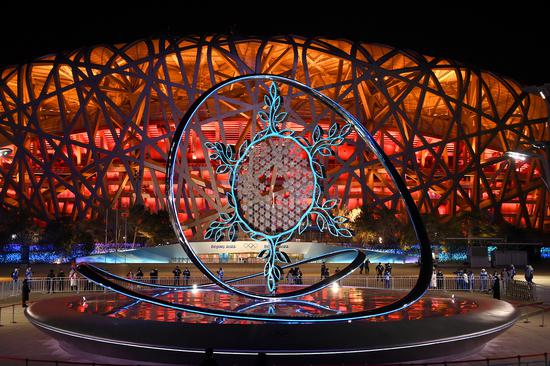
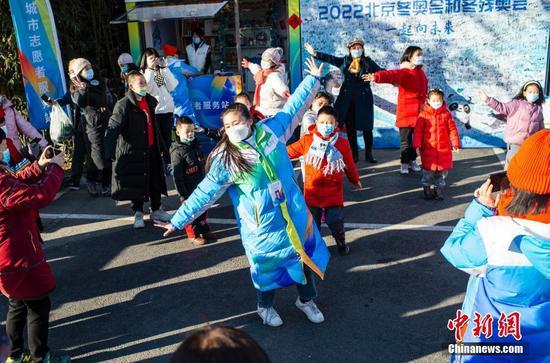
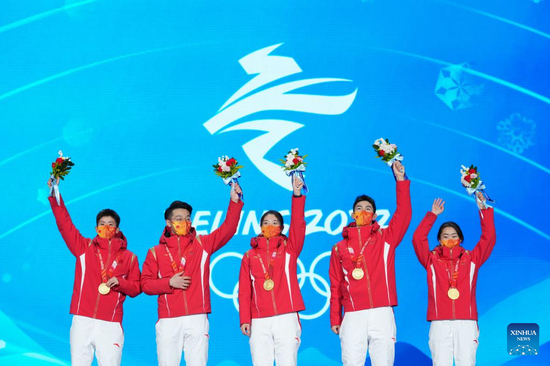
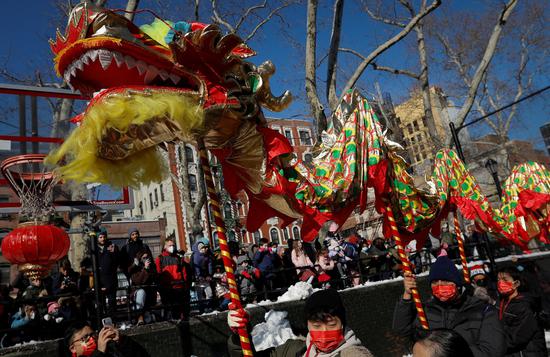

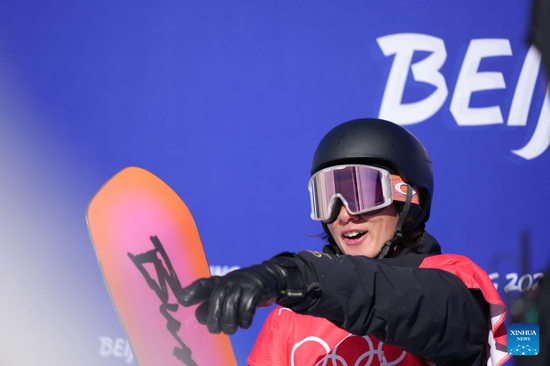
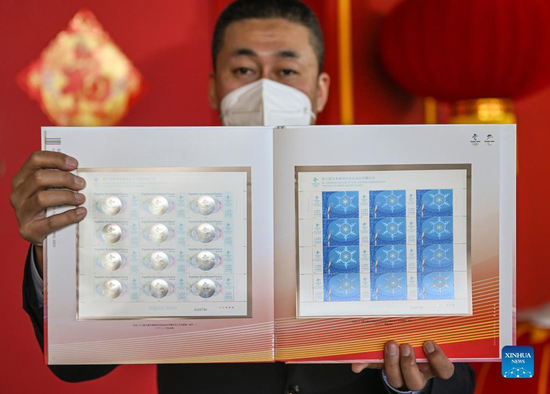


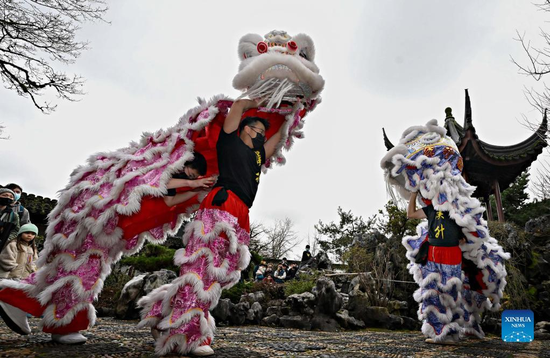





 京公网安备 11010202009201号
京公网安备 11010202009201号